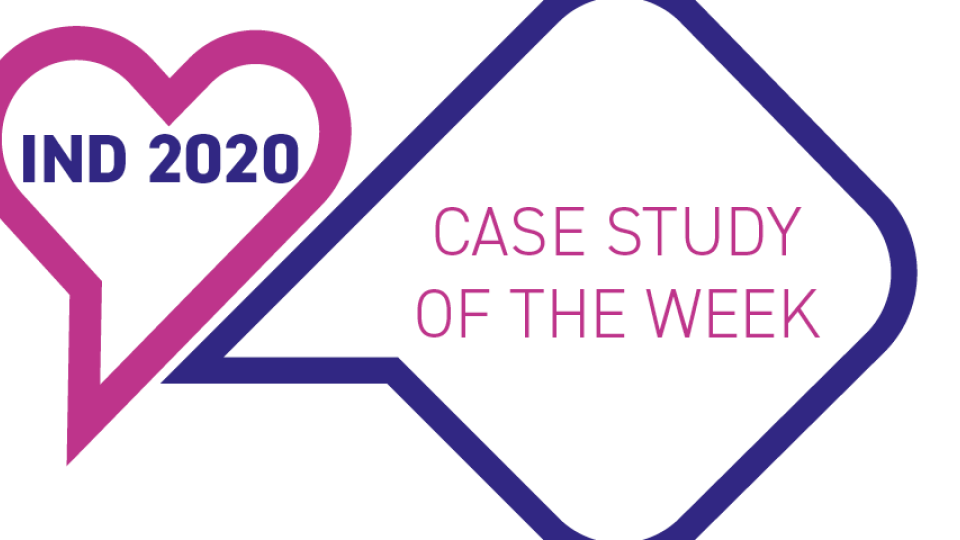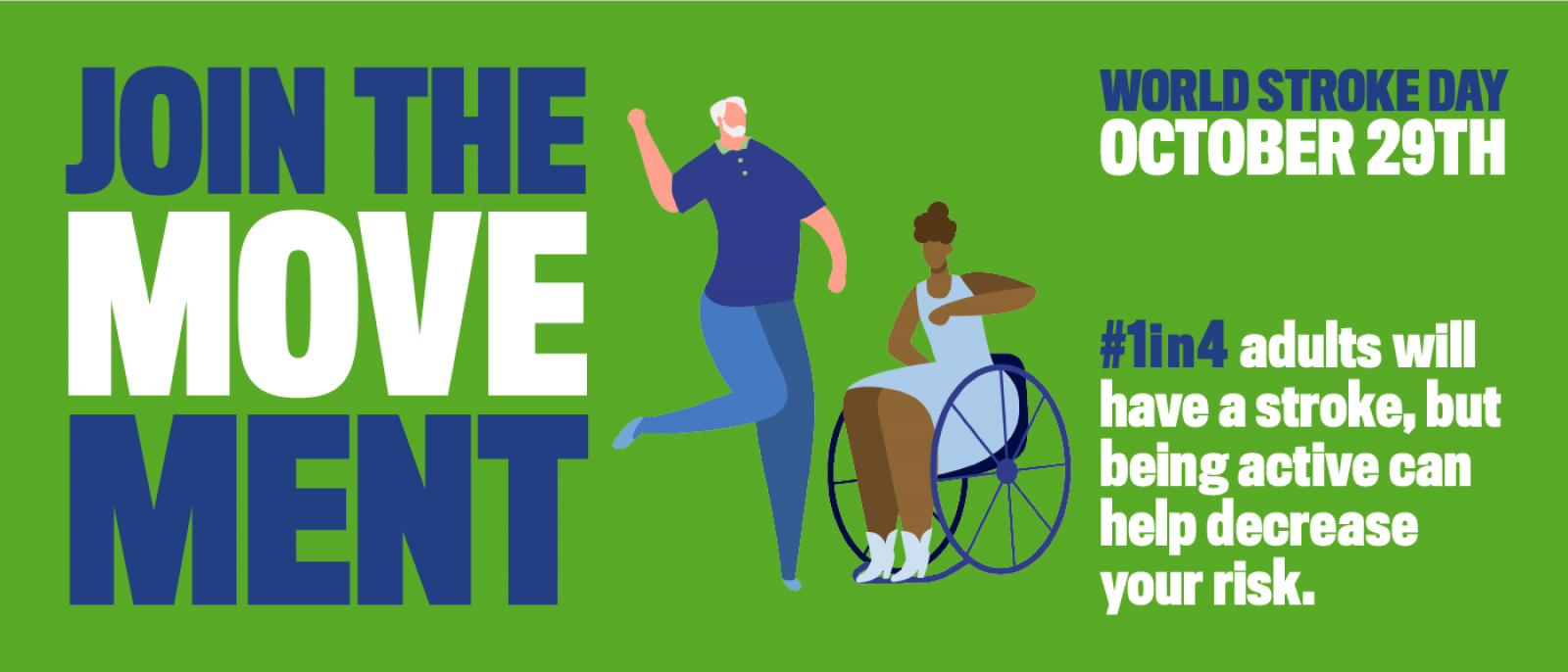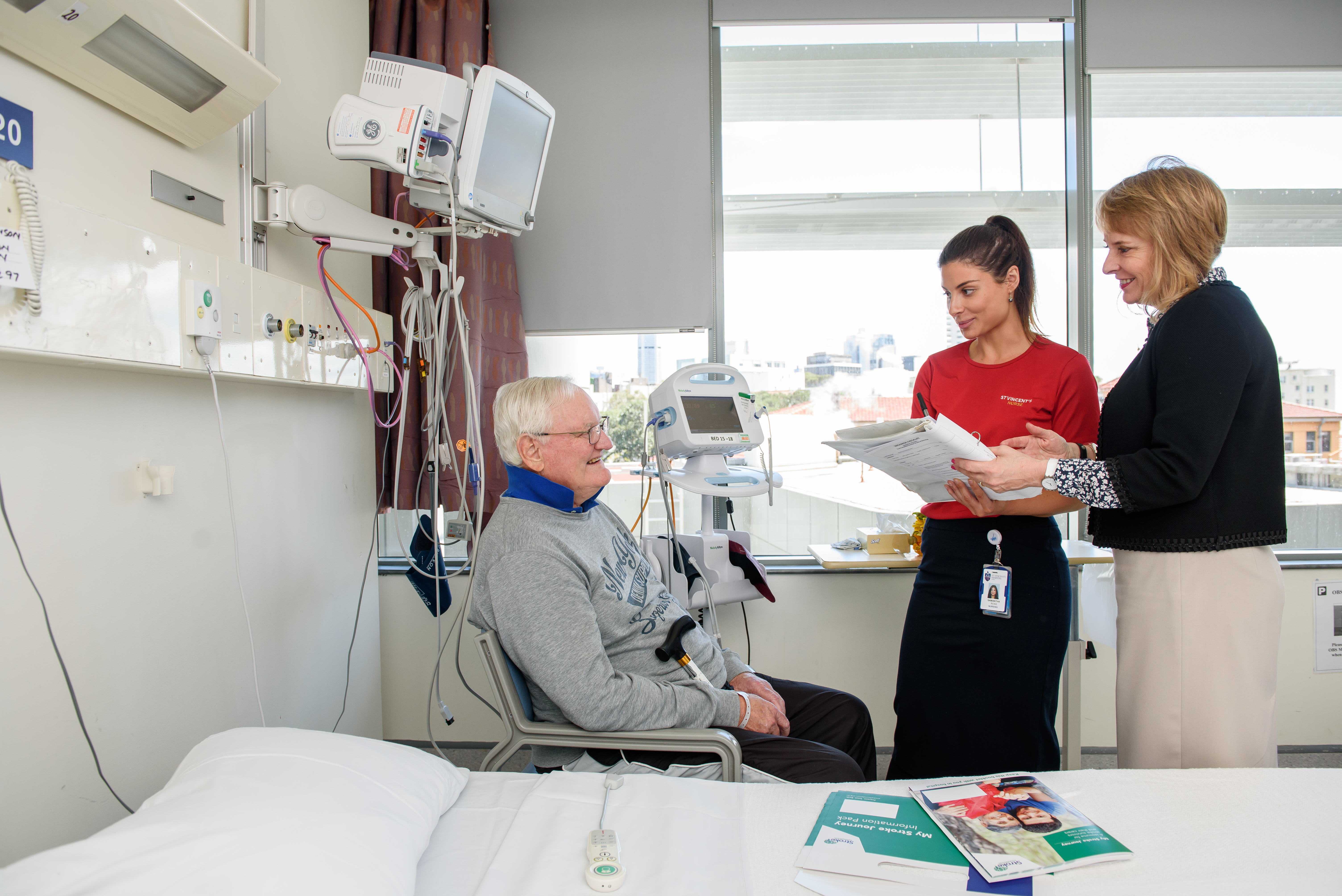International Nurses Day 2020: Case study of the week

World Stroke Day: Nurses Transforming Stroke Nursing Practice
Contributor: Professor Sandy Middleton, Australia

Stroke nursing practice has been transformed nationally and internationally through the Quality in Acute Stroke Care (QASC) programme of stroke research. Led by Professor Sandy Middleton FACN and the team at the Nursing Research Institute, a joint collaboration between Australian Catholic University, St Vincent’s Health Australia Sydney and St Vincent’s Hospital Melbourne, our cluster randomised controlled trial improved management of fever, hyperglycaemia (raised glucose) and swallowing difficulties; all significant problems following stroke. Prior to commencement of our trial, these elements were not well managed, demonstrating a gap in clinical practice.1
Working with nurses, speech pathologists and medical practitioners from 19 New South Wales (NSW) hospitals, we introduced nurse-initiated protocols, the Fever, Sugar, Swallowing or ‘FeSS’ Protocols, for use in the first 72 hours of hospital admission after a stroke.
Implementation of the FeSS Protocols resulted in a significant 16% absolute reduction in death and dependency, 90-days following stroke.2 Our evidence-based implementation strategy consisted of local barrier assessments, multidisciplinary workshops, education and clinical champions. Highly clinically significant, the effect of our intervention was larger than aspirin, stroke unit care or thrombolysis (clot busting medication) given within 4.5 hours of stroke onset.
Our subsequent research showed a significant, sustained improved survival with more than 20% of patients more likely to be alive after four years.3 An independent economic evaluation undertaken by the Australian Commission on Safety and Quality in Health Care, demonstrated a $AUD281M saving over 12 months if the FeSS Protocols were implemented in only 65% of eligible patients.4
This body of research shows that monitoring and evidence-based care delivered by nurses after a stroke improves quality of life and results in cost savings to the health system.5
Building on this research and working closely with industry partners, our team successfully introduced the FeSS Protocols into all 36 NSW stroke units. Our results showed a greater proportion of patients receiving evidence-based stroke care.6 Subsequent research involving an audit of 12,000 patients has shown an increased uptake in use of the FeSS Protocols across Australia.7 This is a rare example of national upscale and spread of a nursing intervention.
We are now working with the European Stroke Organisation and the Angels Initiative implementing and evaluating introduction of the FeSS Protocols in 18 European countries: Belarus, Bulgaria, Czech Republic, France, Georgia, Germany, Hungary, Italy, Kazakhstan, Macedonia, Moldova, Poland, Portugal, Romania, Russia, Slovakia, Spain, Ukraine.8 The FeSS Protocols and other resources have been translated into 13 different languages. Many of the participating hospitals are from resource-poor countries that do not have access to the latest stroke therapies including the clot busting thrombolysis medication or clot retrieval services. Hence, introduction of evidence-based nursing care protocols is likely to make a significant difference in reducing death and disability after stroke in these countries. To date, 65 European hospitals have agreed to participate with data received from over 2500 patients. We also have expressions of interest from a further 27 countries globally for assistance to implement the FeSS protocols.
In addition to improved health and economic benefit, our high-impact research has resulted in changes to policy and national and international guidelines, including incorporation into state stroke protocols,9,10 Australian,11 United Kingdom12 clinical guideline recommendations; and the Romanian National Stroke Protocol.13 All tools are publicly available for download on: www.acu.edu.au/qasc.
The comprehensive lessons learnt through the translation of evidence-based results on a large scale across multiple countries will be of interest to nurses throughout the world. Our pioneering intervention is relevant to all stroke patients and highly applicable in the rural and remote setting where stroke services and resources may be less accessible.
The implications for clinical practice extend beyond stroke care. Importantly, the FeSS Protocols are initiated by nurses and demonstrate the value of doing the simple things well. They provide an outstanding example of nurses leading the way in improving patient care processes and outcomes, and also translating ‘upscale and spread’ of a proven intervention. Our programme of research spectacularly showcases the valuable contribution nurses make on a day-to-day basis.
Find the list of references here
